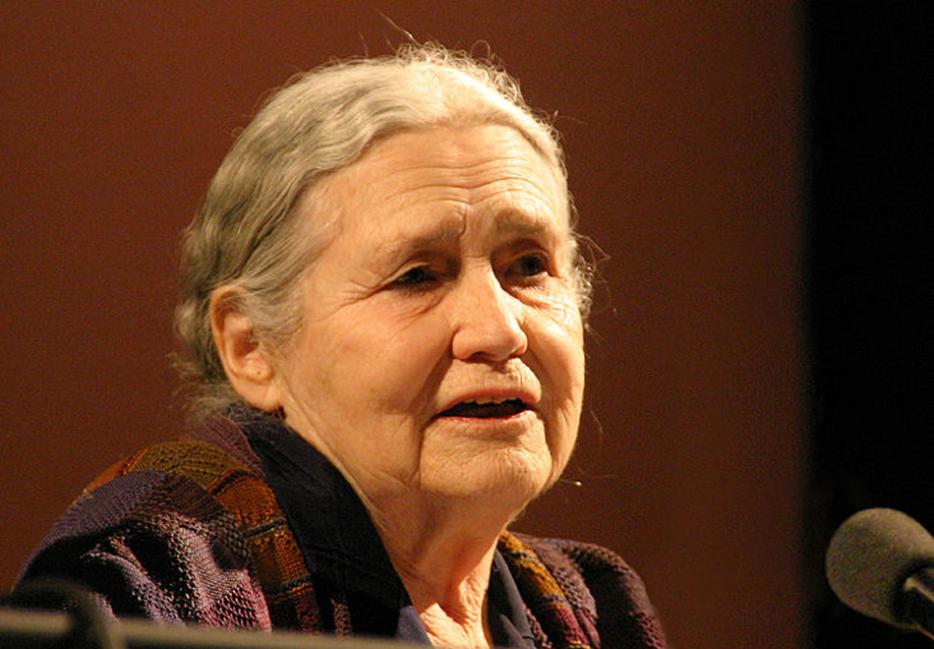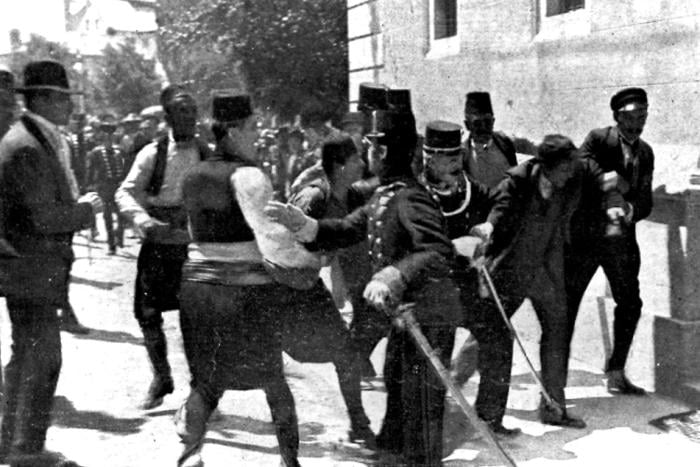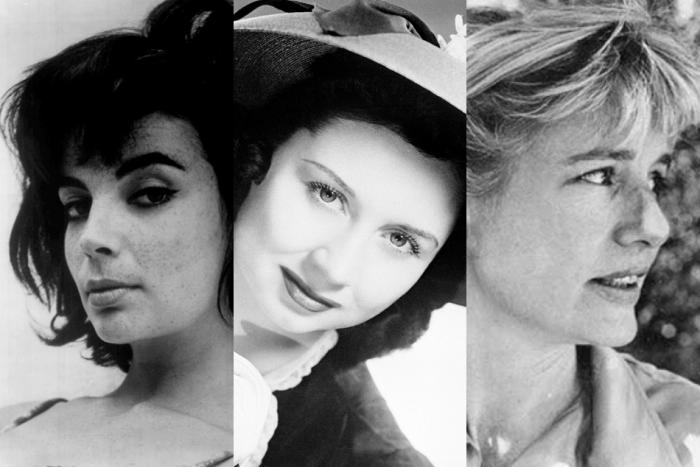Doris Lessing has died. Lessing, who in 2007 greeted the news that she had won the Nobel Prize with a sigh and an exasperated “Oh, Christ,” was not one for hoopla. As David L. Ulin put in it the LA Times, “For Lessing, the act of writing was provoked in equal parts by rage and restlessness. She had no use for orthodoxy, of either the cultural or aesthetic kind.” She even refused to become a Dame, though to many her prose and her politics entitled her to a kingdom all her own. Here‘s an essay in which Hilary Mantel discusses Lessing‘s life and autobiography, in the London Review of Books.
A neat article on how one folktale, the first version of Little Red Riding Hood, has been told the world over since the first century.
The weekend was good to me—I took a break from reading, thinking, talking about my Celebrity Mayor, but a few shorter pieces nonetheless popped up. Here’s Lynn Crosbie humanizing, in her way, the man whose myth will outlive us all. (And that piece ran before the whole talking to the press about pussy-eating scenario played out.) Just this morning, Ivor Tossell set the record straight, let the air out of this spectacle by calling it what it is. Rob Ford is (like a nightmarish, carnivalesque party) off the hook, because now he's more than the mayor: Rob Ford is a famous person.
An agonizing excerpt from Daniel Menaker’s memoir. If you like feeling terrible about publishing, you‘ll love this.
Michael Robbins on Susan Sontag: “What matter are thoughts and connections it provokes, the formulations that flash and the mind that flashes them.” I think of both these writers as basically embodied synapses, always vibrating and firing off—it‘s fun to feel the spastic rhythms of two minds masked, barely, by the harmonies of accomplished prose.
“This year, the McRib’s fate remains elusive; no official announcement has emerged from the proverbial pressed pig plantation.”
An finally, finally, I have to tell you to make some time today to follow Zadie Smith through the lobby of her apartment building, all the way through the struggle, the drugs, the iPhones, right to the very end. By which I mean, of course, death. But for Smith, and this is why I love her work, she wants always to affirm life—she wants to be alive, to examine the textures and feelings and thoughts that we are privy to for a brief time here, now.






